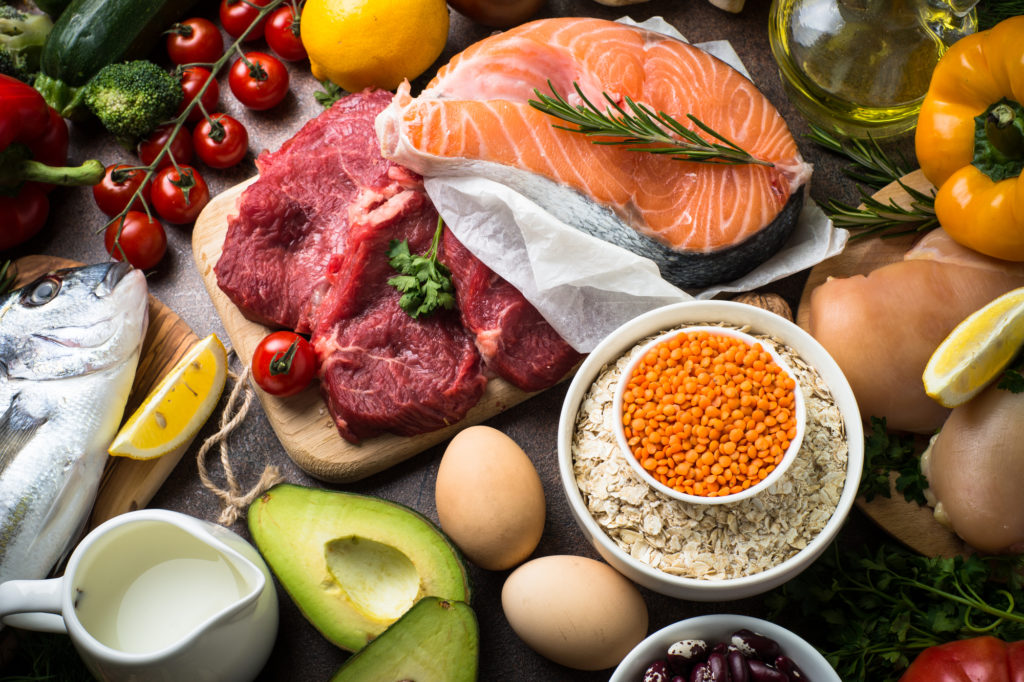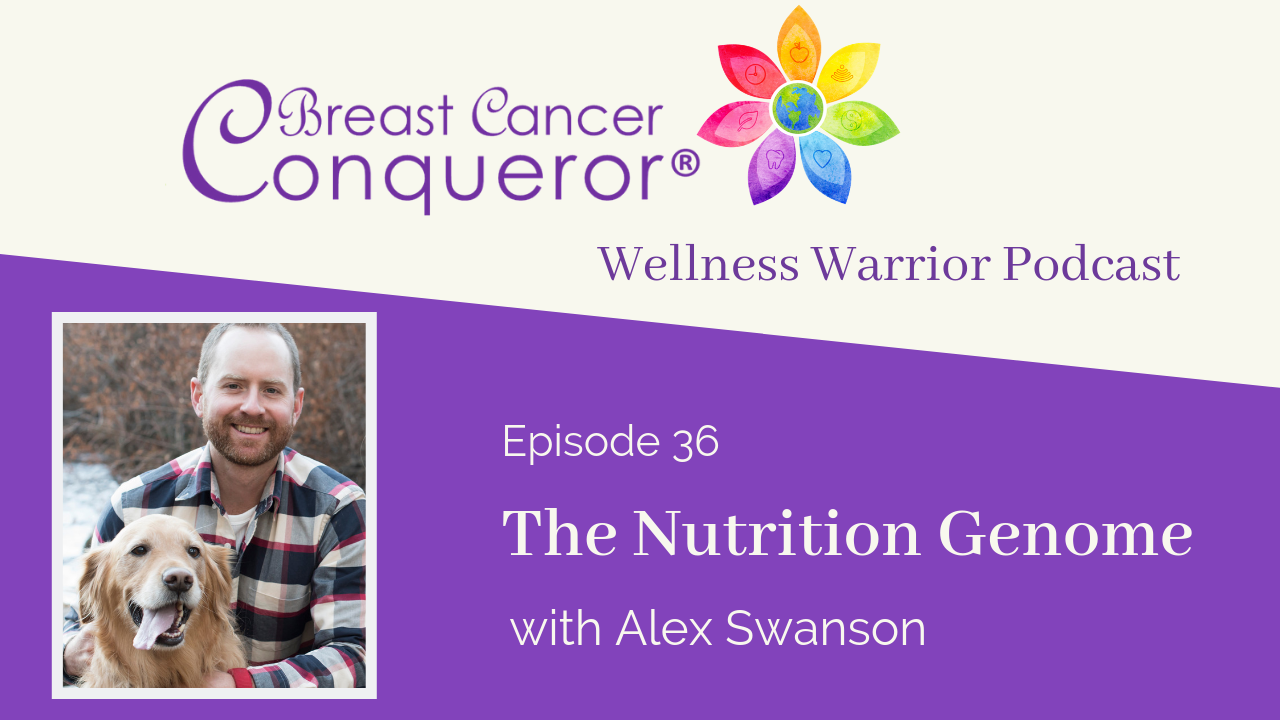
Most people have no idea what choline is and if or why it is so valuable to human health and function. What is the relationship between Breast Cancer and choline? Let’s explore this mysterious supplement and why it is so important.
Pardon the depth of facts in this post. Choline is an important micronutrient that plays an enormous part in our daily lives. As a survivor, I hope you will indulge me while I also get educated on choline.
What is choline?
Choline has recently been discovered to be a very important micronutrient that plays a critical role in many body functions. Although it is not as important as other micronutrients such as vitamin D for breast health, it does play a vital on your journey.
Some of you might know that choline is a water-soluble compound that is primarily obtained through diet and is also available as a supplement. It is needed for many bodily functions including fat metabolism, neural development, and liver and kidney function. Breast Cancer is a common cancer that affects about 1 in 8 women at some point in their life.
Choline behaves very much like vitamin B in that it provides supportive energy for metabolic and brain functions. Cancers usually exhibit a significantly altered choline metabolite profile, making its role in healthcare very significant.
As stated by Dr. George Mateljan in his blog post in “The World’s Healthiest Foods”,
“Choline is one of the newest nutrients to be added to the list of human vitamins. It was only added to the list of required nutrients by the National Academy of Sciences (NAS) in 1998. While the NAS does not officially recognize choline as a vitamin specifically belonging to the B-complex family of vitamins, it is officially recognized as a required nutrient that you need in your everyday meal plan.”
It turns out that choline is a critical nutrient required for the normal development of the brain, so it is critical in developing children. It participates in the synthesis of major methyl donors and DNA methylation. This regulates gene expression, among many other vital processes.
Genetic problems that cause a need for increased uptake of methyl requirements include the following:
PMS, fibroids, endometriosis, cardiovascular disease, high blood pressure, poor circulation, mood, and mental health issues: mood swings, depression, anxiety, bipolar, OCD, multiple sclerosis, rheumatoid arthritis, autoimmune thyroid, and other autoimmune disorders. Additionally, there can be issues with Memory problems, insomnia, dementia, Alzheimer’s disease, chronic fatigue, and low energy.
Even some allergies and histamine intolerance are associated. Some of these include eczema, hay fever, headaches, congestion, and hives.
More problems can occur in the gut with poor bile production leading to digestive problems, fat malabsorption, and gallbladder issues like gallstones.
Choline and Breast Cancer: What Does the Science Say?
Even though this is a relatively new subject for me, the research on choline and Breast Cancer is well documented over several years. Some interesting studies show a remarkable relationship between choline and Breast Cancer, making a strong case for the impact of choline on one’s healthcare.

The human body can make choline as documented in a lot of literature, but it cannot make enough to optimize a person’s life. We probably all need to acquire more choline from our diet. Check out these few research studies that I found:
Choline and Brain development studies demonstrate the big role that choline plays in brain development.
A study in 2008 was completed to investigate choline, methionine, and betaine intake and putatively functional variations of genes of choline metabolism with breast cancer risk. The main purpose was to investigate whether certain pesticides, were associated with breast cancer risk.
In this study, the top five contributors of choline were coffee, eggs, skim milk, 2% milk, and orange juice. Not the top choline food choices, but sufficient for the study.
Examination revealed that breast cancer risk was reduced by 24% among women with a high dietary intake of choline. To the best of my knowledge, this is the first study on choline metabolism and breast cancer. It demonstrates that low choline levels can be linked to breast cancer.
In another pertinent study in 2009, high intakes of choline and betaine were shown to reduce breast cancer mortality.
They examined the dietary intake of choline and betaine to the risk of development of breast cancer as well as mortality after diagnosis in a population-based study. We found that higher intakes of betaine, phosphocholine, and free choline were associated with reduced all-cause as well as breast cancer-specific mortality.
Another study examining choline and Breast Cancer in 2016 at Scientific Reports had remarkable results.
Findings showed that high choline and betaine consumption contributed to cancer prevention. Moreover, the dose-response analysis further demonstrated the protective effect of choline and betaine consumption towards cancer occurrence: an increase in choline plus betaine consumption of 100 mg/day significantly lowered the chance of developing cancer by 11%.
Health food guru, Dr. Axe conveys, “There is an immediate need to increase awareness among health professionals and consumers of choline as an essential, but currently suboptimal nutrient; and further to highlight the critical role it plays throughout life, especially for pregnant and lactating women. According to the NHANES data, for the majority of the population, choline consumption is far below current dietary recommendations.”
How Does Choline Get Depleted in the Body?
We are still learning a lot about choline, so it is difficult to state with certainty exactly what depletes it from our system. However, symptoms of a choline deficiency may include the following:
low energy levels of fatigue
memory loss
cognitive decline
learning disabilities
muscle aches
nerve damage
mood changes or disorders
When choline is deficient, some people develop a fatty liver and experience these symptoms more frequently or more intensely. This is also called Fatty Liver Disease by experts. It is a reversible condition that typically develops in people who are obese, have excessive alcohol intake, have insulin resistance, or suffer from diabetes.
Choline deficiency may also play a part in age-related cognitive decline, including memory loss, Alzheimer’s disease, and dementia. Choline helps with neurotransmitter maintenance, so as someone ages, nerve signaling can naturally decrease and signs of dementia can be experienced.
According to recent research, the amount of folate you consume may dictate how much choline your body makes and needs from food sources, so someone who obtains more folate from things like leafy green vegetables and certain grains will need less choline from food.
So how much choline does one need to maintain healthy levels? According to the Harvard Nutrition website, 445 mg is a minimum daily requirement.
What You Can Do NOW To Let Choline Help You!
Essential #1 – Let Food Be Your Medicine
It turns out that a person’s diet and the levels of choline may be very relevant concerning breast cancer. This is where it matters to me and our community.
A few foods that are good sources of choline include pasture-raised eggs, clean organ meat, wild-caught fish, shiitake mushrooms, grass-fed beef, and caviar. Other common foods high in choline include chicken, turkey, almonds, lima beans, kidney beans, and quinoa.
The human body can make choline as documented in a lot of literature, but it cannot make enough. We need to supplement our choline with food. For vegetarians, I would urge you to take a closer look at the plant-based foods that you need that have sufficient choline. Organ meats, other animal meat, and eggs are the highest choline-rich food sources.


This is confusing to me, because some studies link eggs to increased prostate cancer risk by 71% and up to 85%. They site choline as the main factor. Also, some cancer detection practices use choline as the agent, because cancer absorbs it so readily. It’s really very confusing to me, how some studies say that choline causes cancer, and others say that it prevents cancer. Am I alone on this one? I’m open minded though!
Yes, the research can be confusing at times. There are very specific parameters when developing a study that will be peer reviewed. The problem is that we are all individuals, with different bodies, histories and lifestyles that are never “equal” to each other. It may come down to a methylation variation in participants for example.
The Nutrition Genome Test can let you know what foods would be “right” or “wrong” for YOUR body.